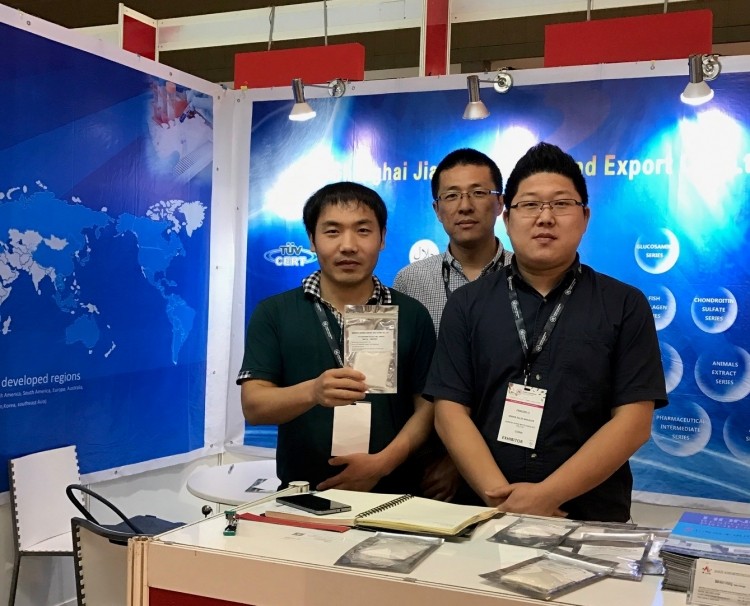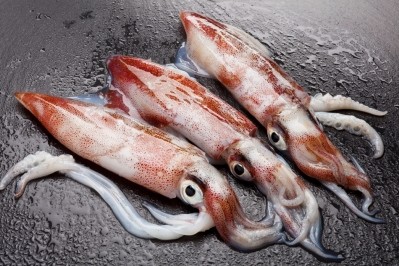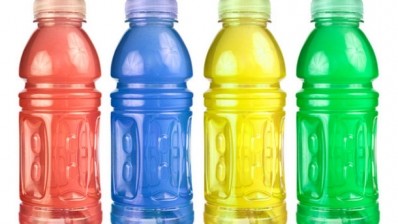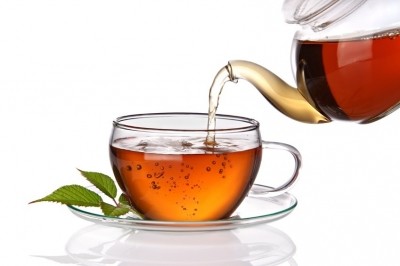HI South East Asia 2017
Halal certification key to South East Asia market entry for Chinese ingredient firm

The top priority is to meet all halal certification requirements from the Indonesian Ulama Council (MUI), said sales manager Benson Wang.
Jiangsu Aoxin Biotechnology, an exhibitor at Health Ingredients South East Asia last week, already distributes its products to the US and Europe.
The company has a processing plant for its ingredients in Lianyungang city. The plant can produce an annual capacity of 1000 tonnes of D-Glucosamine Hydrochloride, 300 tonnes of N-Acetyl-D-Glucosamine, and 200 tonnes of chitosan with different molecular weight and viscosity.
This year, the plan is to create a presence in South East Asia by establishing partnerships with local dealers who will help the company sell its ingredients to health supplement manufacturers and pharmaceutical companies.
“As soon as we have complied with the requirements for the halal certification, we will set up dealerships in this area,” he said.
“At the show, local distributors were inquiring whether our ingredients are halal certified. Our products have halal certification, but it came from the US, so it is not always accepted here.”
Joint health
The company will likely supply its ingredients to nutraceutical companies in South East Asia that manufacture supplements for joint health. This is because the company’s core products – D-Glucosamine and MSM (methylsulfonylmethane) are used to for joint health and to treat joint pain.
“The most popular joint formulation includes these ingredients that we manufacture,” Wang said.
As the South East Asian market for nutraceuticals continues to grow, the company decided to exhibit at Health Ingredient South East Asia to explore and find out more about the market.
“We found out that a lot of local distributors in Indonesia already market D-Glucosamine and MSM, which they sourced mostly from Japan,” Wang said.
“But actually, we also supply the ingredients to Japan, so we tell them it is better to get the ingredients directly from us, to keep costs down.”


















